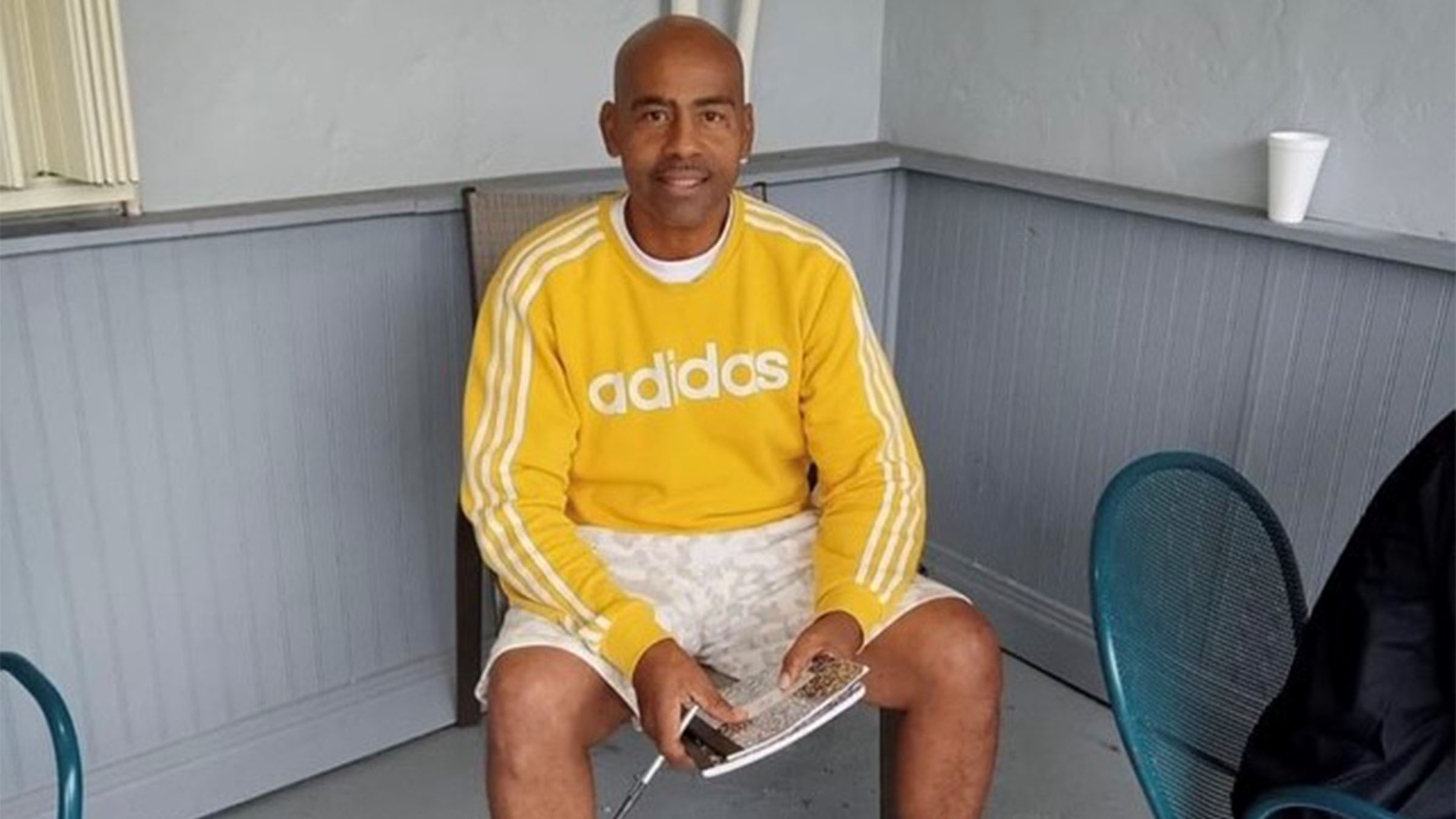Here we go, South Florida. It’s been a long time since a named storm made landfall in our community, and while the hiatus has been nice, we all knew it was too good to last. As Irma gets closer, it’s time to start getting prepared - and that means preparing our pets as well. Here are some things to think about as we get ready to batten down the hatches.
[[442754363, C]]
Before The Storm
The most important thing you can do for your pet right now is to get him or her microchipped. Many pets go missing during and after storms. Every pet should have a microchip anyway, so now is a good time to check this very important box.
If your pet already has a microchip, be aware that these chips are not locators. To increase the chances of being reunited with your pet, call the company who manufactures your pet’s chip and make sure all of your information is registered and up to date. Your veterinarian will be able to scan your pet’s chip and advise you how to contact the manufacturer. Roughly 60 percent of pet microchips are either never registered, or are registered with outdated information, so now is a good time to check. Since storms often disrupt the flow of business, place an ID tag with your pet’s contact information on your pet’s collar.
Next, figure out where your pet will ride out the storm. I recommend keeping pets crated in the same room where your family will be staying. Try to stay calm, as storms can be frightening for pets as well as people.
[[322849451, C]]
Local
While litter boxes make it easier for cats to handle being inside during a storm, dogs may require a place to void inside the house. Puppy training pads and newspapers work well, as do indoor grass patches.
If you plan to evacuate, make sure you can take your pets with you. For a list of hotels that accept pets, please visit www.dogfriendly.com. If you plan to use a public shelter, bear in mind that not all of these facilities allow pets. Check out these lists of pet friendly shelters in Miami-Dade, Broward, Palm Beach, and Monroe counties, and be advised that you cannot use many of them unless you are pre-registered to do so. If you think you will need to use these facilities, you should pre-register now.
When you’re stocking up on food, water, and extra medications, don’t forget about your pet! Make sure your pet’s first aid kit is well-stocked and ready for action. You may also want to take a few minutes to brush up on the basics of pet CPR.
Finally, find out if your veterinary hospital and local emergency clinics are equipped with generators. If they are not, find facilities that are, and be prepared to use them as a backup should you need them in the midst of a power outage.
During The Storm
Be sure to provide your pet’s favorite chew toys and food puzzles to keep his mind on something other than the chaos outside. If your kitty enjoys catnip, by all means, allow her to partake! If she just wants to hunker down and be left alone, that’s okay too. Watch her closely after the storm for inappropriate urination. This can be the first sign of stress-related cystitis or urinary tract infections.
This is a great time to run your dog through his favorite trick and obedience routines. It gives them the sense of confidence they need to get through a potentially frightening experience - and may help to refocus your frazzled mind as well! Zohan will be literally jumping through hoops while sporting his awesome Thundershirt! For more tips on keeping pets calm throughout the storm, click here. If you think your pet may need some anti-anxiety medications, now is the time to see your veterinarian.
After The Storm
Even during a relatively minor storm event, the fences, gates and pool guards that keep our pets safe can be first things to take a hit. It is very easy to fall into our pre-storm habits and simply open the door for our pets. Please do not do this until you have had the chance to thoroughly inspect your property. Make sure fences are holding steady and gates are firmly in place. Many homeowners take down their pool fences to prevent them from blowing away. Several of our patients drowned in their owners’ pools after Katrina and Wilma in 2004. If your pool fence is down, secure any doggie doors to prevent your pet from entering the yard unattended.
Storms also stir up nasty critters such as snakes and bufo toads. Flushed from their homes by heavy rains, these animals are likely to feel more defensive and will not think twice about harming your pet. To best preserve your sanity, err on the side of caution, and leash-walk your pets in the yard until life returns to normal. Have maps to the nearest pet emergency clinics handy, just in case.
In addition to hiding downed power lines, standing water can harbor intestinal parasites. Make sure your pets are current on heartworm and parasite prevention, and do not allow them to drink or play in standing water.
If you lose power, monitor pets for signs of heat exhaustion. Provide plenty of fresh drinking water and consider seeking out an air-conditioned boarding facility for pets who may be having a tough time. Keep pets, especially cats, away from burning candles. About 100 house fires per year are started by pets, and candles are often the main culprit.
Finally - try to stay calm. Our pets take their cues from us, so the more we relax, the more they relax. We’ve only just entered the most active part of the season, so dust off your disaster plan - and above all, stay safe.
Dr. Kupkee is the lead practitioner at Sabal Chase Animal Clinic.
Do you have a question for Dr. Kupkee? Send him an email by clicking here.
Click here to check out deals and discounts exclusively for NBC6.com fans!



